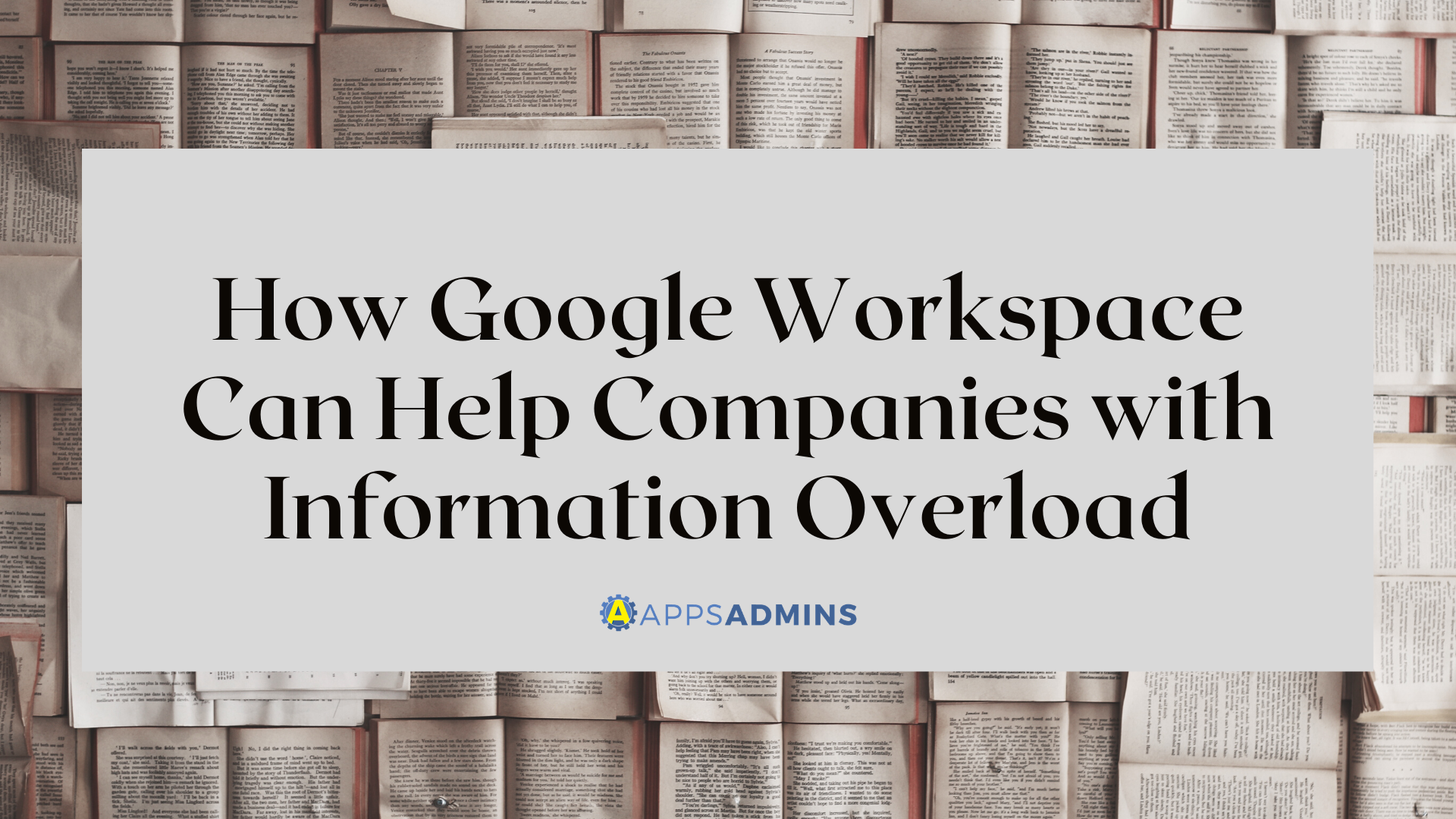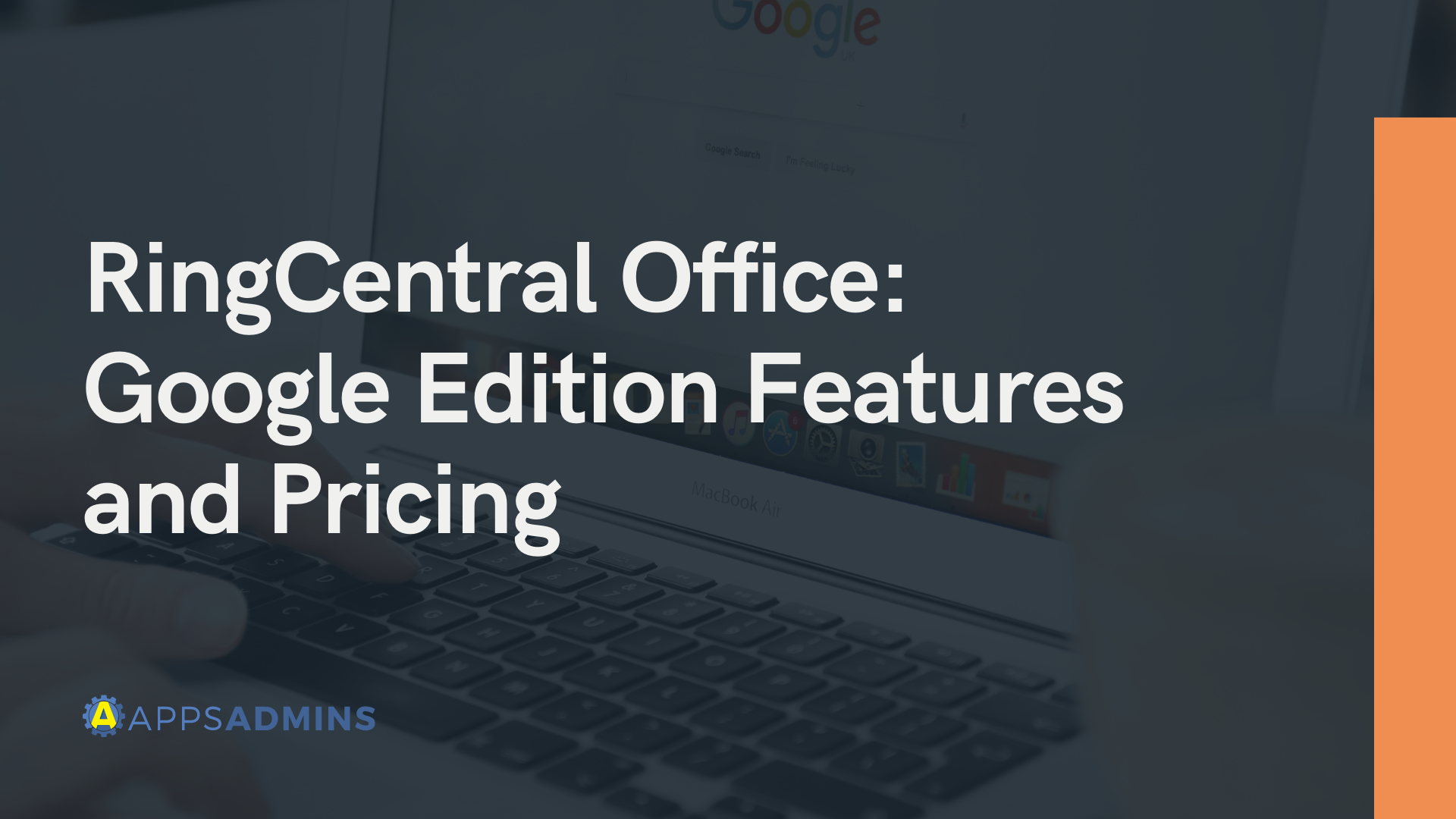G Suite Business Free for 30 Days
Sign up for a Free 30 Day Trial of G Suite Business and get Free Admin support from Google Certified Deployment Specialists.

 Here at Coolhead Tech, we cover a lot about cloud-based solutions such as RingCentral or Google Apps. Today, we'll be discussing the former, in the form of best security practices for hosted contact centers. Let's begin.
Here at Coolhead Tech, we cover a lot about cloud-based solutions such as RingCentral or Google Apps. Today, we'll be discussing the former, in the form of best security practices for hosted contact centers. Let's begin.
What's a hosted contact center?
A hosted contact/call center utilizes the Internet and modern technology to take what's traditionally viewed as a single location and spread it around city, state or even nation-wide. Hosted call centers can take advantage of people in remote locations, or even agents working in their own homes. These hosted contact centers share a lot with cloud computing solutions, and nowadays many cloud solutions are looking into integrating them: including RingCentral.
What are the benefits?
The main benefits of a hosted contact center is the reduction in costs and the increased flexibility. A traditional call center may need to open a remote location or bring in a bunch of new workers during the holiday season, for instance. A hosted call center can avoid this issue by taking advantage of a nationwide array of capable agents who can be used as-needed during periods of high traffic. The cost of these employees in a hosted contact center is a lot lower than it would be in a physical location, while the pricing of your services are fairly scalable.
So the benefits seem obvious: by utilizing the power of the cloud as a platform, IT companies don't have to worry about their call centers as much as they used to. However, security remains a concern for many people, and once you start putting everything off-premises, that concern only makes sense. The question here is: do they introduce security risks?
Do hosted contact centers introduce security risks?
Yes and no. The truth is, the security risks are the same as they were in the original call centers.
These security risks come in four categories: data security, security compliance, application security and business continuity. Let's take a moment to talk about what falls under these categories. Data security concerns the security of vital information like credit cards, SSNs and other customer information; security compliance deals with businesses meeting FTC security regulations and having secured data centers; application security concerns the actual applications used by the contact center employees; and finally, business continuity concerns redundancy and uptime.
The idea of business continuity is that your services will never go offline, or will have a high enough fault tolerance to prevent long periods of downtime. Meeting all the other standards are simply ensuring the security of both customer data and business data. What practices can be done to cover these risk categories?
What are the best practices to alleviate these risks?
We can't dive into all of them here, but we can cover a good bit. In data security, the best practices are to only store customer data when absolutely necessary. Additionally, the usage of VPNs can prevent information transferred through the Internet from getting out, while encryption and access controls can be used to prevent unauthorized access.
When it comes to compliance regulations, a call center should aim to meet FTC regulations. Additional ways to strengthen their security compliance include securing data centers with key cards and biometrics, employing outside vendors for security audits, and having strong password policies.
Application security is at its best when using browser-based apps or "thin clients", which are based entirely in external servers. All communication between these apps and the hosted contact center's should be encrypted with SSL to prevent any snooping.
Finally, disaster recovery and business continuity is mostly about proper preparation and infrastructure. Having your data stored on two or more data centers can prevent total outages, while these data centers themselves can be secured with multiple backups, UPSes and backup generators to prevent incidents from power outages. The important thing here is that the company is investing in enterprise-grade hardware for every link in the chain.
Can I get some more details on Contact Center Best Practices?
Of course, there's a lot more questions to cover. Hosted contact center management is a fairly deep, complex topic- this article is really just scratching the surface. To learn more about contact center management, read RingCentral's free whitepaper here.
To learn more about cloud applications for businesses, you can also browse our blog here at Coolhead Tech.
.jpg?width=818&name=appsadmins-svg-rules-1%20(2).jpg)







